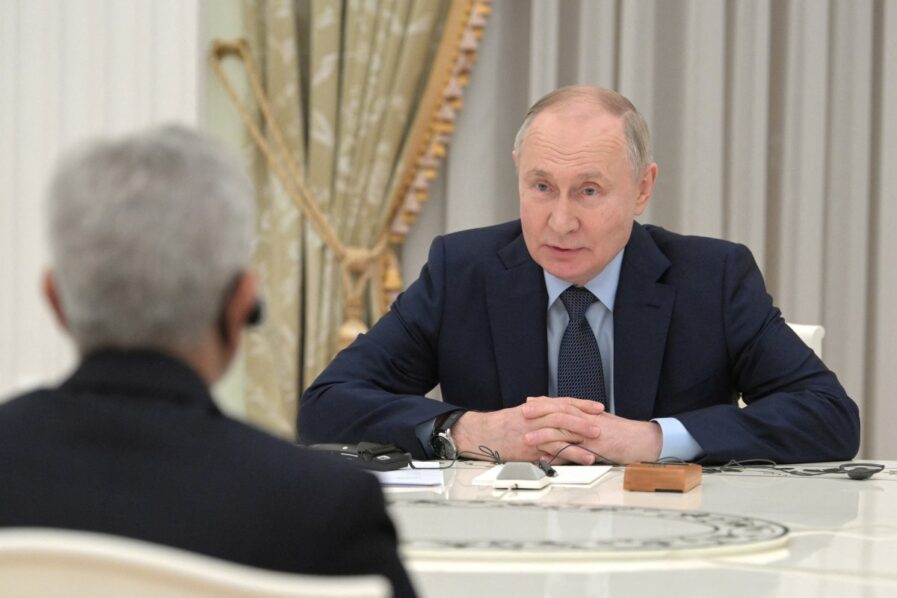
Russian and US space agencies have agreed to keep working together to deliver crews to the International Space Station (ISS) until at least 2025, Russian corporation Roscosmos said Thursday.
The space sector — including its so-called cross-flights that involve sending crews from different nationalities on one spacecraft — is a rare area of cooperation remaining between Moscow and Washington since Russia sent troops to Ukraine.
“An agreement was reached to continue cross-flights until 2025 inclusive,” Roscosmos said in a press release.
The decision was taken “to maintain the reliability of the ISS as a whole,” it added.
It also aims “to guarantee the presence of at least one representative of Roscosmos on the Russian segment and the presence of at least one representative of NASA on the American segment.”
The ISS was launched in 1998 at a time of increased US-Russia cooperation following the Cold War “Space Race.”
ISS partners — the United States, Russia, Europe, Canada and Japan — are for the moment only committed to operate the orbiting laboratory until 2024, though US officials have stated they want to continue until 2030.
Russia said in April that it planned to use the International Space Station until 2028, an apparent reversal of an earlier announcement to quit the orbiting laboratory after 2024.






